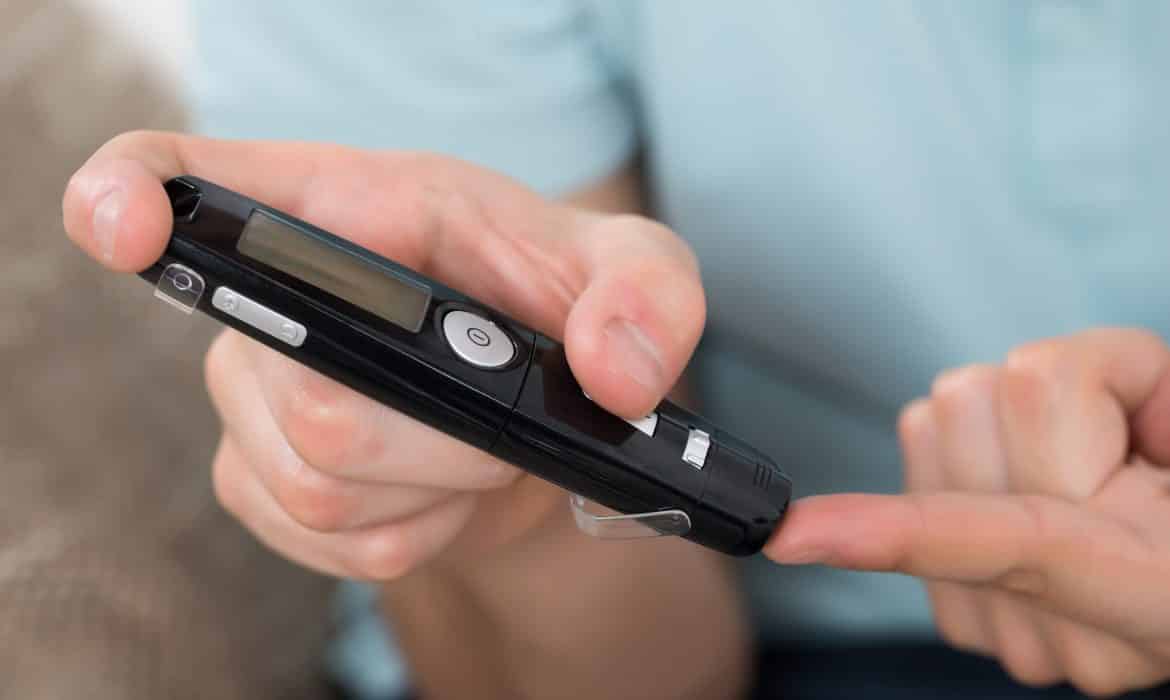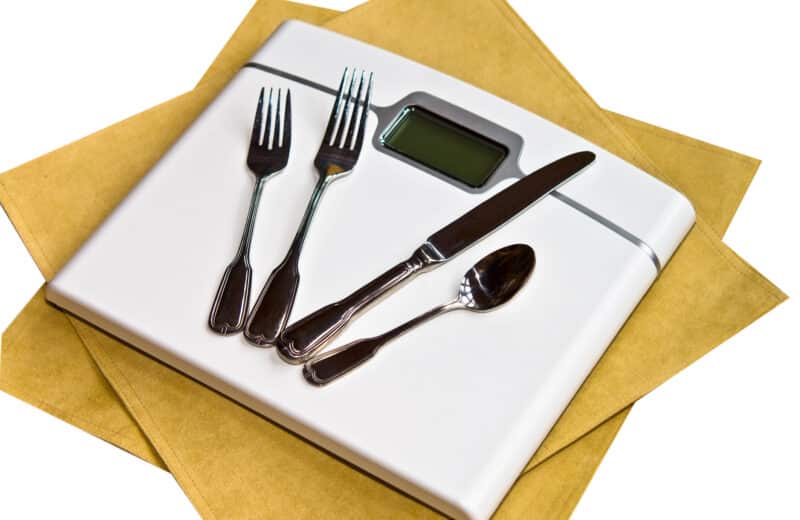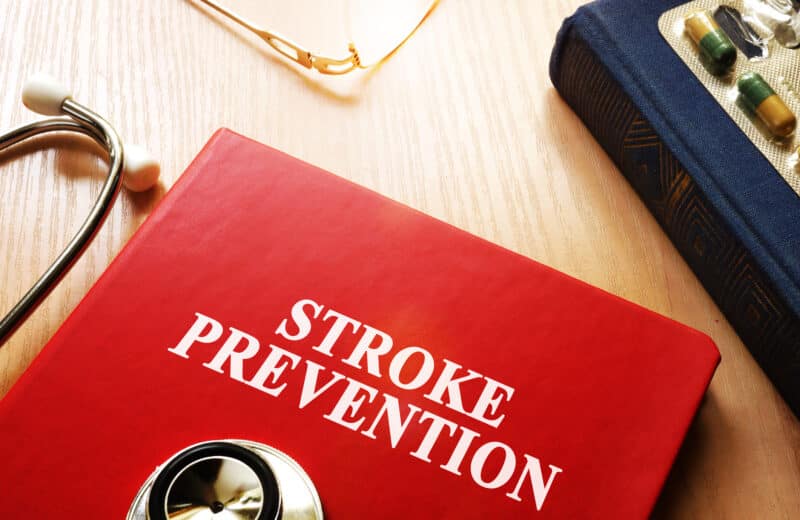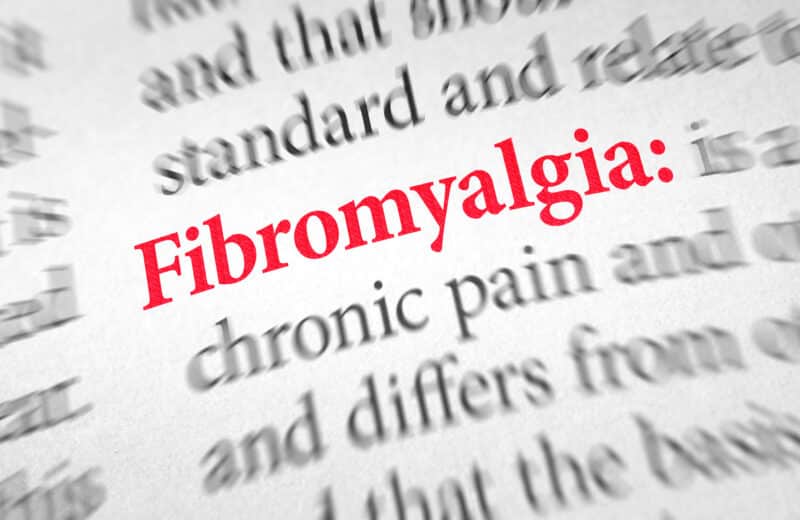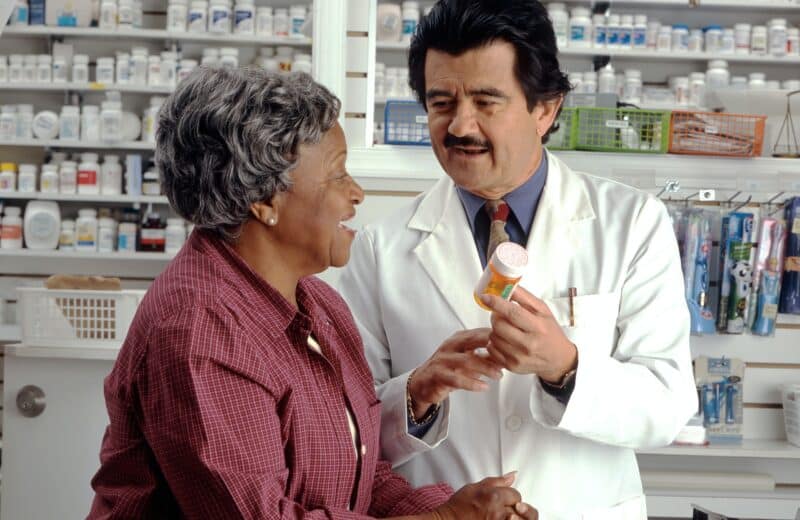Mayo Clinic Q&A
DEAR MAYO CLINIC: I have type 2 diabetes and take medication for it. How concerned should I be about my blood sugar getting too low?
ANSWER: Low blood sugar (hypoglycemia) results from too much insulin and too little sugar (glucose) in your blood. In adults, it usually occurs in people with diabetes who take some of the medications for diabetes, including insulin.
When blood glucose drops too low, you may start with the warning symptoms of feeling weak, dizzy, nervous, sweaty or hungry, or have visual disturbances or a rapid heartbeat. If blood sugar drops further, signs and symptoms may progress to neurological features like headache, confusion, slurred speech, drunken-like behavior, and eventually collapse, convulsions or coma.
Your level of concern depends on what drug you’re taking. One of the most commonly used drugs for type 2 diabetes — metformin (Fortamet, Glucophage, Riomet, others) — doesn’t cause significant hypoglycemia when used alone. Injections of GLP-1 analogs [exenatide (Byetta), liraglutide (Victoza) and others] and tablets of DPP-4 inhibitors [sitagliptin (Januvia), saxagliptin (Onglyza), and others] also do not cause hypoglycemia. However, some other commonly used drugs for type 2 diabetes — including sulfonylureas [glipizide (Glucotrol), glimepiride (Amaryl), and glyburide (Glynase)] and injections of insulin — can cause hypoglycemia. People with type 1 diabetes who take insulin are at high risk of hypoglycemia. After several years of diabetes and repeated episodes of hypoglycemia, some people stop having the early warning symptoms and develop neurological problems as the first manifestation of hypoglycemia. This “hypoglycemia unawareness” needs special attention and often requires changes in management strategies.
Hypoglycemia is a concern for anyone who is at risk, as severe and/or prolonged episodes can cause brain death or be fatal. Older adults are especially vulnerable, since even minor cases of hypoglycemia can lead to dangerous falls. Repeated hypoglycemia events may increase the risk of heart trouble in older adults.
If you notice signs or symptoms of hypoglycemia developing, check your blood glucose level if at all possible. If you know that these are symptoms of hypoglycemia or if the number is below 70 milligrams per deciliter (mg/dL), take about 15 grams of easily digestible carbohydrates. This could be in the form of a few pieces of hard candy, four ounces of a full-sugar soft drink, four ounces of fruit juice, four to five packets of sugar or four glucose tablets intended especially for treating hypoglycemia.
If after 15 minutes you continue to experience symptoms, repeat the treatment. If symptoms still don’t go away, call your doctor or call for emergency assistance.
If you lose consciousness or for some other reason can’t swallow safely, you’ll need an injection of glucagon, a fast-acting hormone that stimulates the release of glucose into your blood. If you take insulin, make sure to have a glucagon emergency kit with or near you at all times. Teach your family members and close friends how to give you a shot in the case of an emergency. Also tell them to call for emergency help if you don’t regain consciousness quickly.
The doses of insulin and sulfonylurea medicines are determined based on a usual pattern of diet and physical activity. Hypoglycemia often results from a change in your usual habits (such as skipping a meal or exercising more than usual) without an appropriate adjustment of the diabetes medications. If there is no obvious reason for hypoglycemia, or if there have been repeated episodes of hypoglycemia, your doctor will help adjust your medications. (adapted from Mayo Clinic Health Letter) — Pankaj Shah, M.D., Endocrinology, Mayo Clinic, Rochester, Minn.
(Mayo Clinic Q & A is an educational resource and doesn’t replace regular medical care. E-mail a question to MayoClinicQ&A@mayo.edu. For more information, visit www.mayoclinic.org.)

